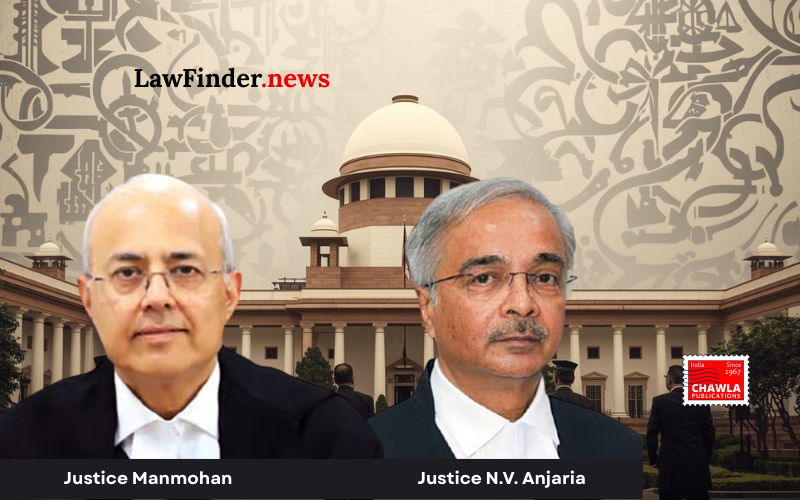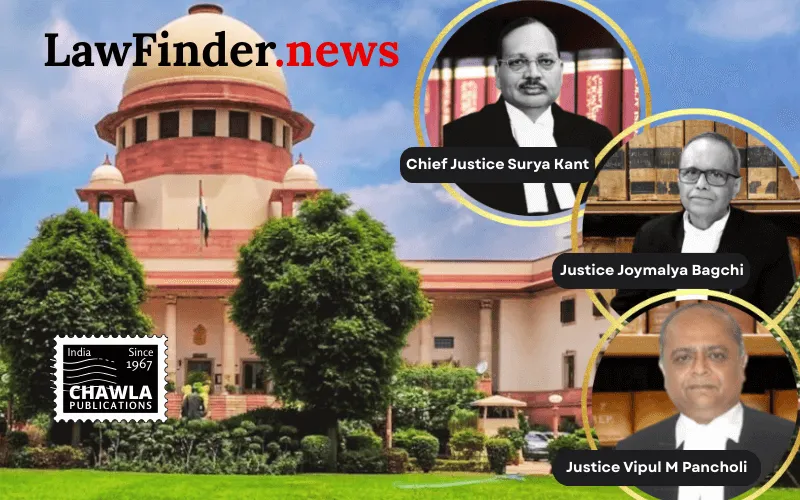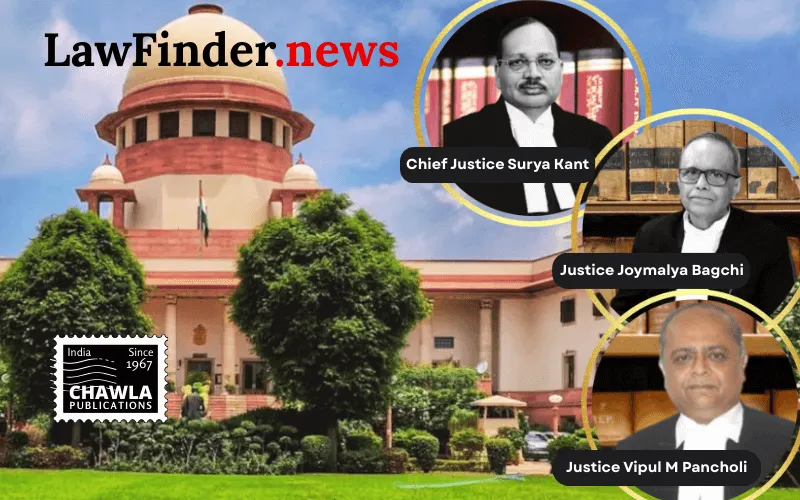Apex Court Overturns Bombay High Court's Acquittal; Issues Directions to Address Pendency and Streamline Proceedings Under Section 138 of NI Act
In a significant ruling, the Supreme Court of India has reinstated the conviction of Kishore S. Borcar, reversing the Bombay High Court's acquittal in a cheque dishonor case under Section 138 of the Negotiable Instruments Act, 1881. The judgment, delivered by Justices Manmohan and N.V. Anjaria, emphasizes the quasi-criminal nature of cheque bounce cases and introduces comprehensive guidelines to address the backlog in Indian courts.
The case revolves around the dishonor of a cheque worth Rs.6,00,000 issued by Borcar to Sanjabij Tari, allegedly in discharge of a legally enforceable debt. The High Court had earlier acquitted Borcar, questioning Tari's financial capacity to lend such a sum. However, the Supreme Court held that the presumptions under Sections 118 and 139 of the NI Act, which favor the complainant once the execution of the cheque is admitted, had not been adequately rebutted by Borcar. The Court underscored that these presumptions are crucial for maintaining the credibility of cheques as a reliable mode of payment.
Justice Manmohan, writing for the bench, criticized the High Court for overstepping its revisional jurisdiction by re-evaluating factual findings without evidence of perversity. The judgment emphasized that the failure of the accused to respond to statutory notices further bolsters the complainant's case.
Addressing the massive pendency of cheque bounce cases, the Supreme Court issued a set of directives to streamline the judicial process. These include electronic service of summons, the establishment of online payment facilities, filing detailed synopses, and implementing realistic pecuniary limits for evening courts. Furthermore, the Court modified existing guidelines for compounding offences, encouraging early settlements to reduce litigation burden.
The Supreme Court's ruling mandates the implementation of these guidelines by November 1, 2025, aiming to alleviate the strain on the judicial system, where Section 138 cases constitute a significant portion of the backlog. The judgment also supports the use of interim compensation and promotes physical hearings post-summons to foster a conducive environment for dispute resolution.
This landmark decision reinforces the legal framework governing cheque bounce cases, ensuring that financial discipline is upheld while providing avenues for swift resolution. Legal experts view the judgment as a crucial step in restoring the integrity of cheques and expediting judicial proceedings.
Statutory provision(s): Negotiable Instruments Act, 1881 - Sections 118, 138, 139; Income Tax Act, 1961 - Section 269SS; Criminal Procedure Code, 1973; Bharatiya Nagarik Suraksha Sanhita, 2023
Sanjabij Tari v. Kishore S. Borcar, (SC) : Law Finder Doc Id # 2783882




